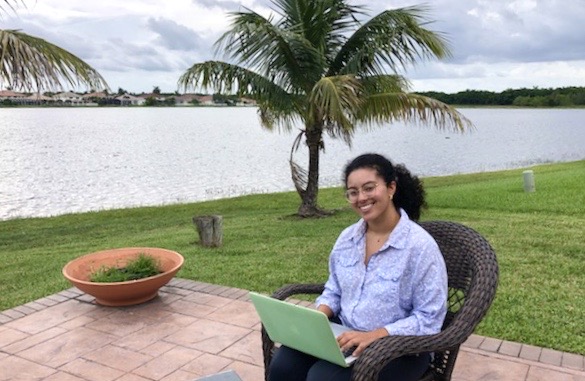Final Weeks
So, we made it! It’s been a very strange year and under the circumstances, it makes me especially grateful that I’ve been able to be a part of this program. I’m particularly thankful for the Sea Grant team and my mentors at the Oregon Department of Fish and Wildlife (ODFW).
In these upcoming weeks, I have my last translations to work on which feels bittersweet. My lexicon with shellfish and estuarine ecology has grown a lot; it’s easy to see how far I’ve progressed with my documents as mile markers. I have a much better understanding about the shellfish populations in coastal Oregon and how important it is to the community on a recreational and commercial level. I’ve also been working with a SEACOR team member on best practices while using R, she’s been a huge help.
A final focus of mine is a better look on how projects are funded. My mentor Dr. D’Andrea is showing me his previous proposals and explaining the process. As a hopeful scientist, this information will be necessary when my own projects need to be funded as well as understanding why some topics are rigorously studied while others may not be prioritized.

Last Thoughts
I reflected a little bit in my previous post on how great the resources at Sea Grant are and the many benefits but the best part was learning about Oregon. I’ve really appreciated the larger perspective I’ve gained in resource management and the role of science in a community. I’m finishing this internship even more keen to go to Oregon.
In the future, I hope to be attending graduate school studying biological oceanography or marine ecology. Coming in, I had this goal but it’s been solidified and seems more attainable to reach. As for those interested in this program, I highly recommend it. The Sea Grant team wants each one of the Scholars to succeed and they will help wherever they can.
Finally, thank you for reading and for contributing to my experiences this summer.






